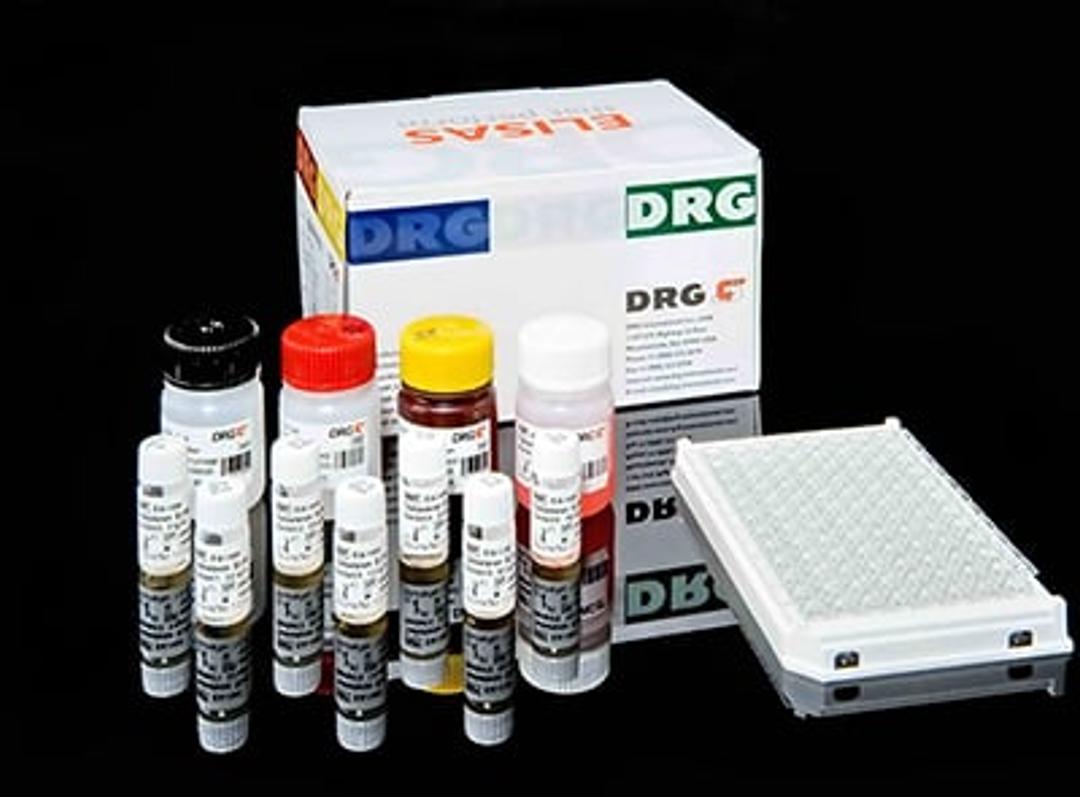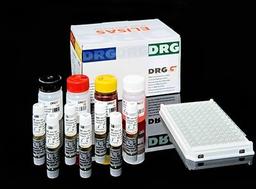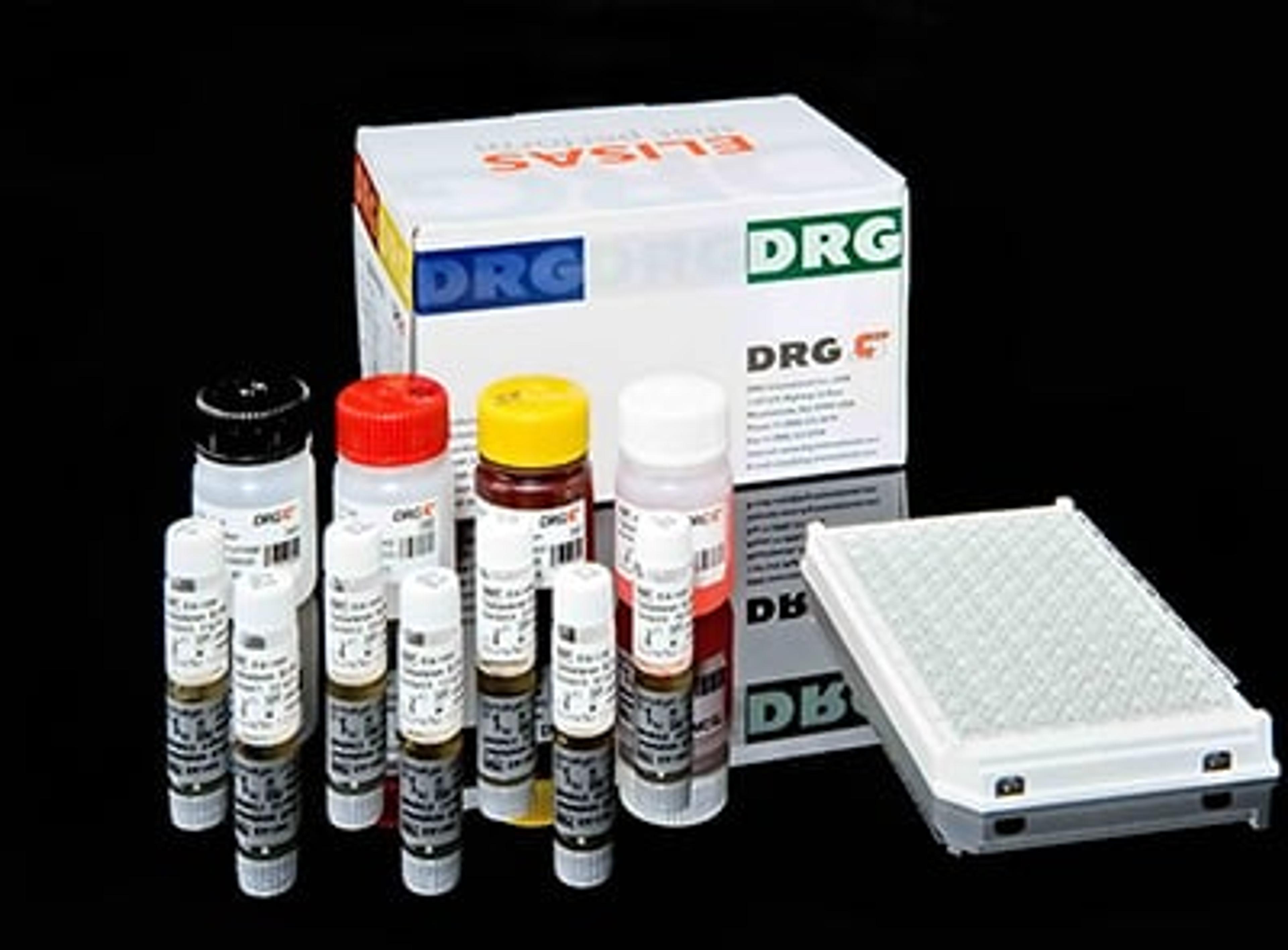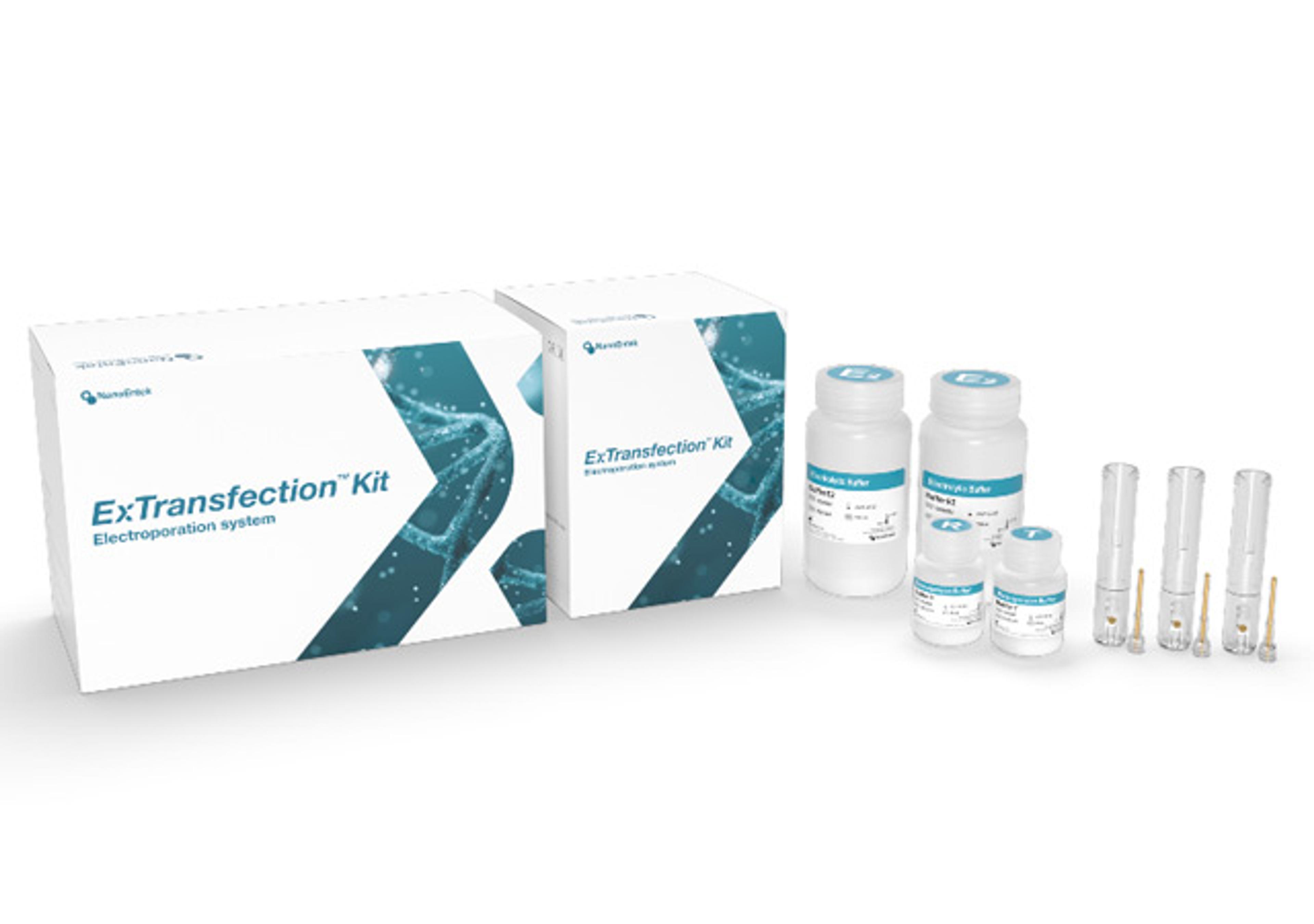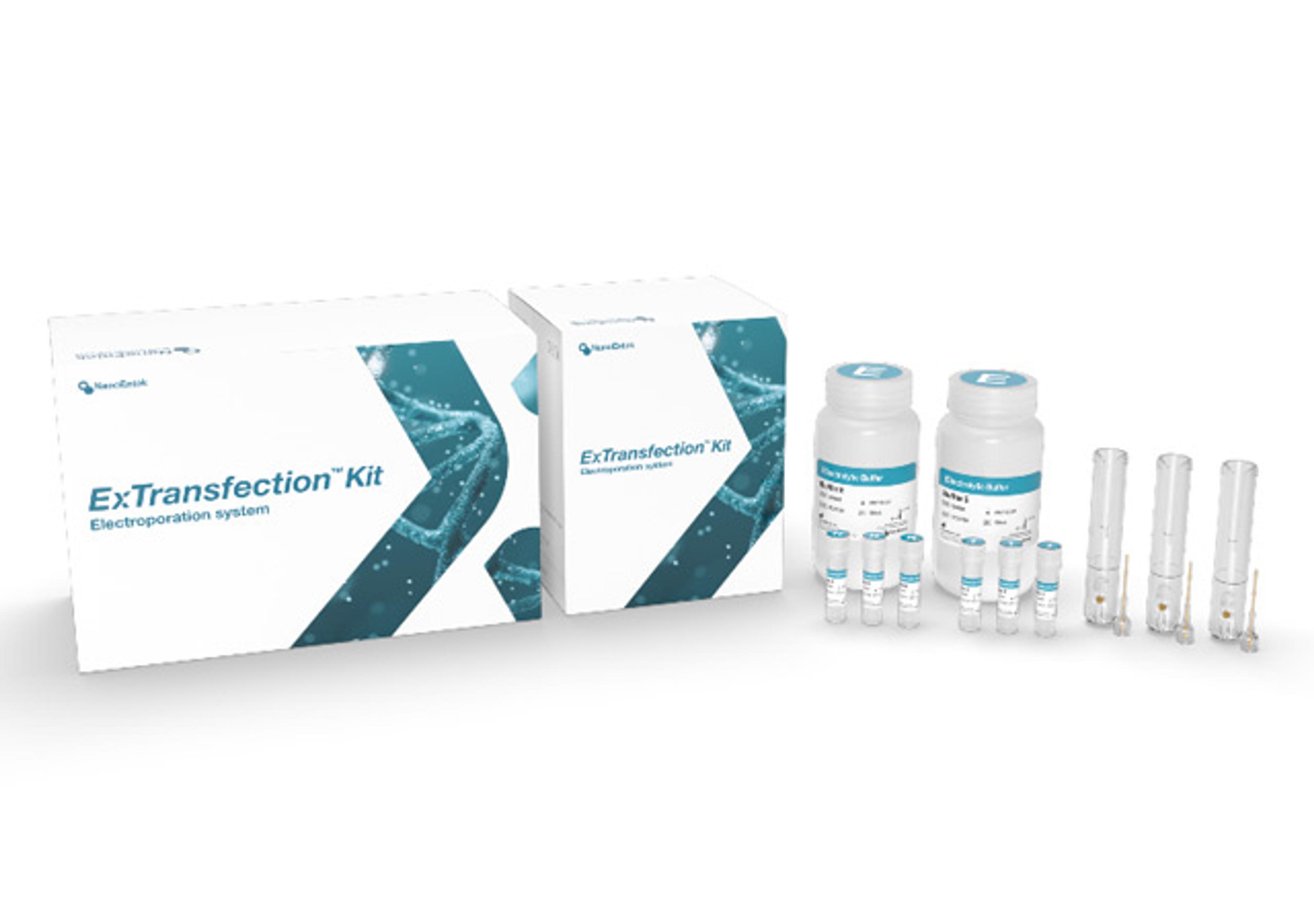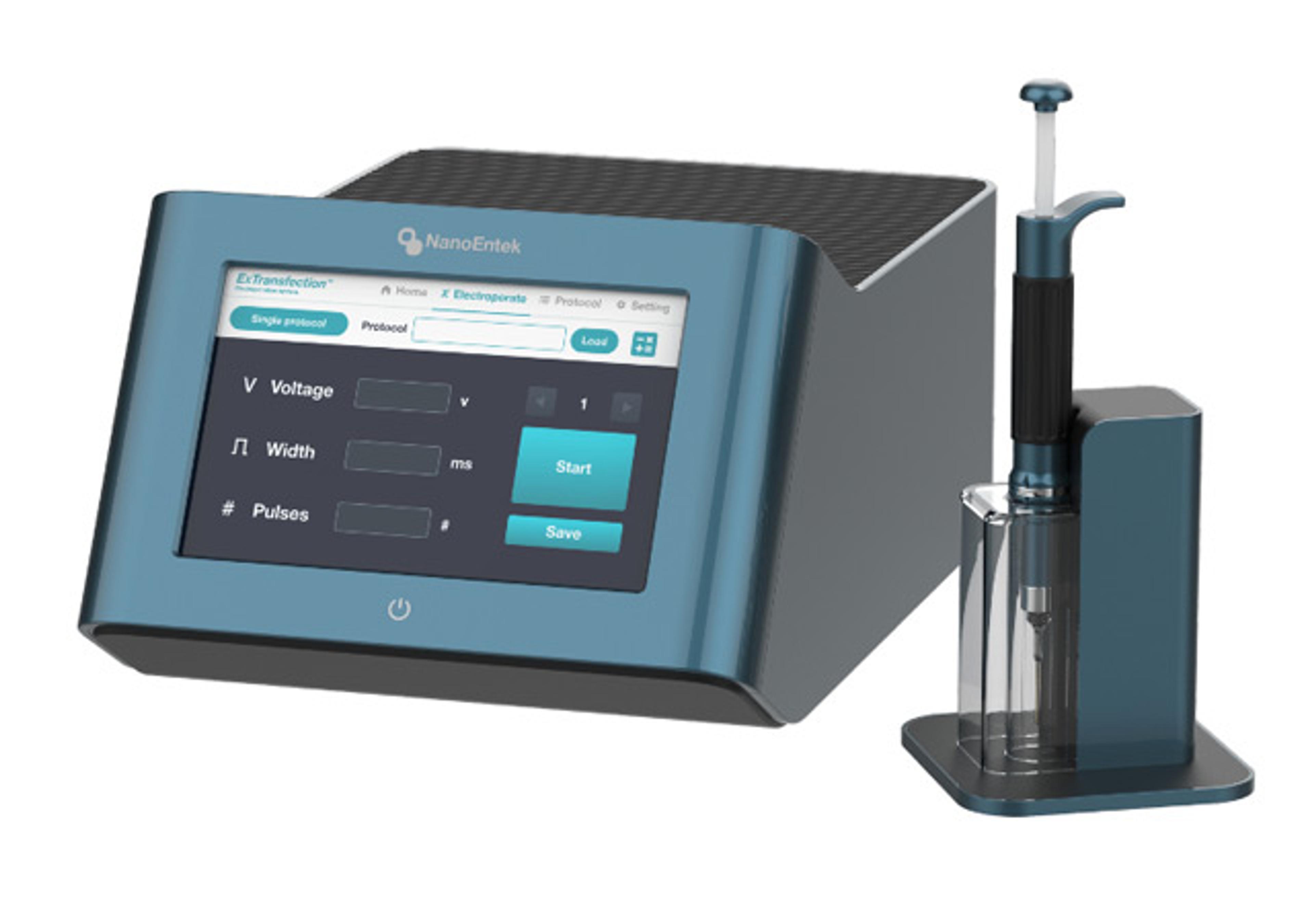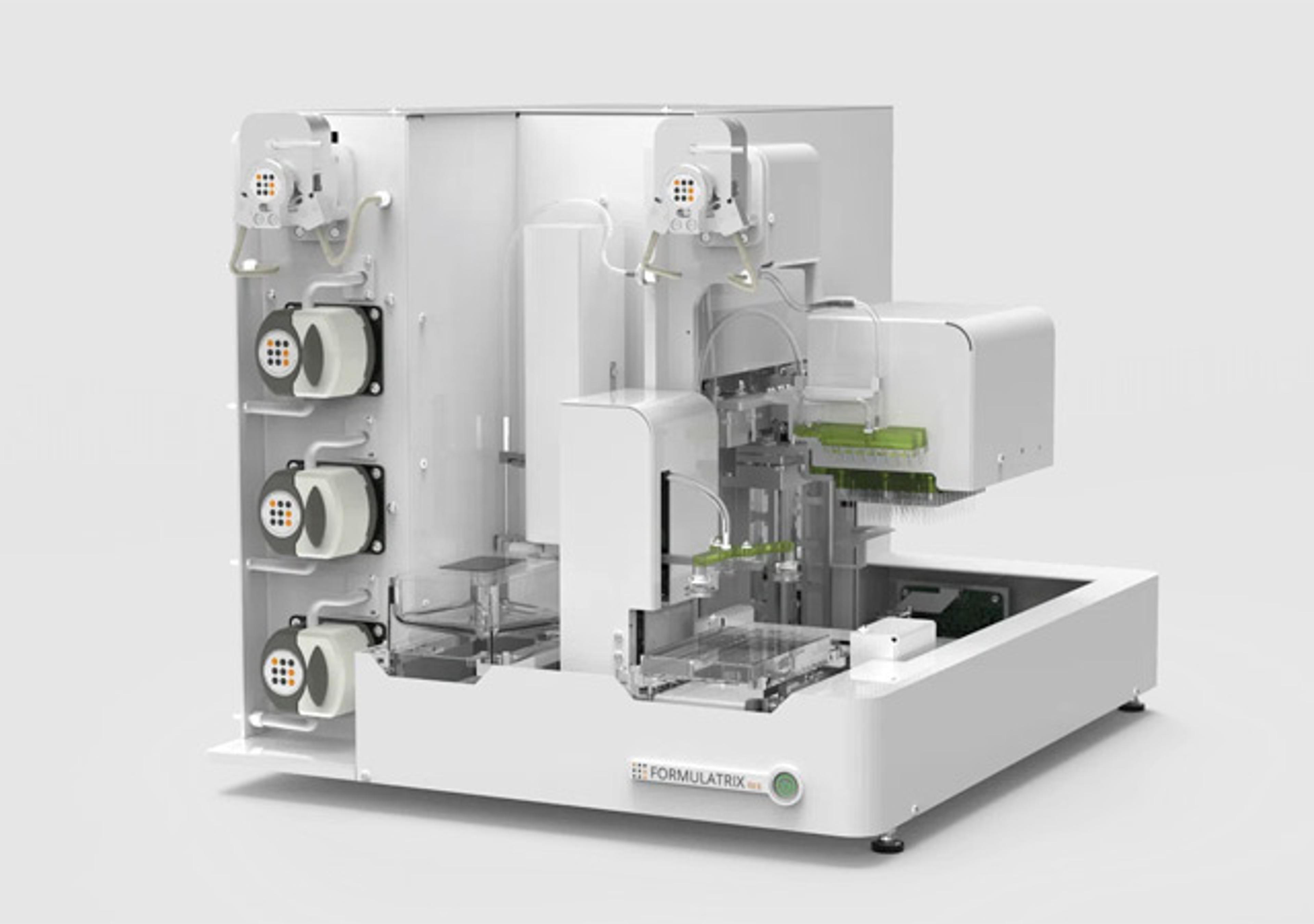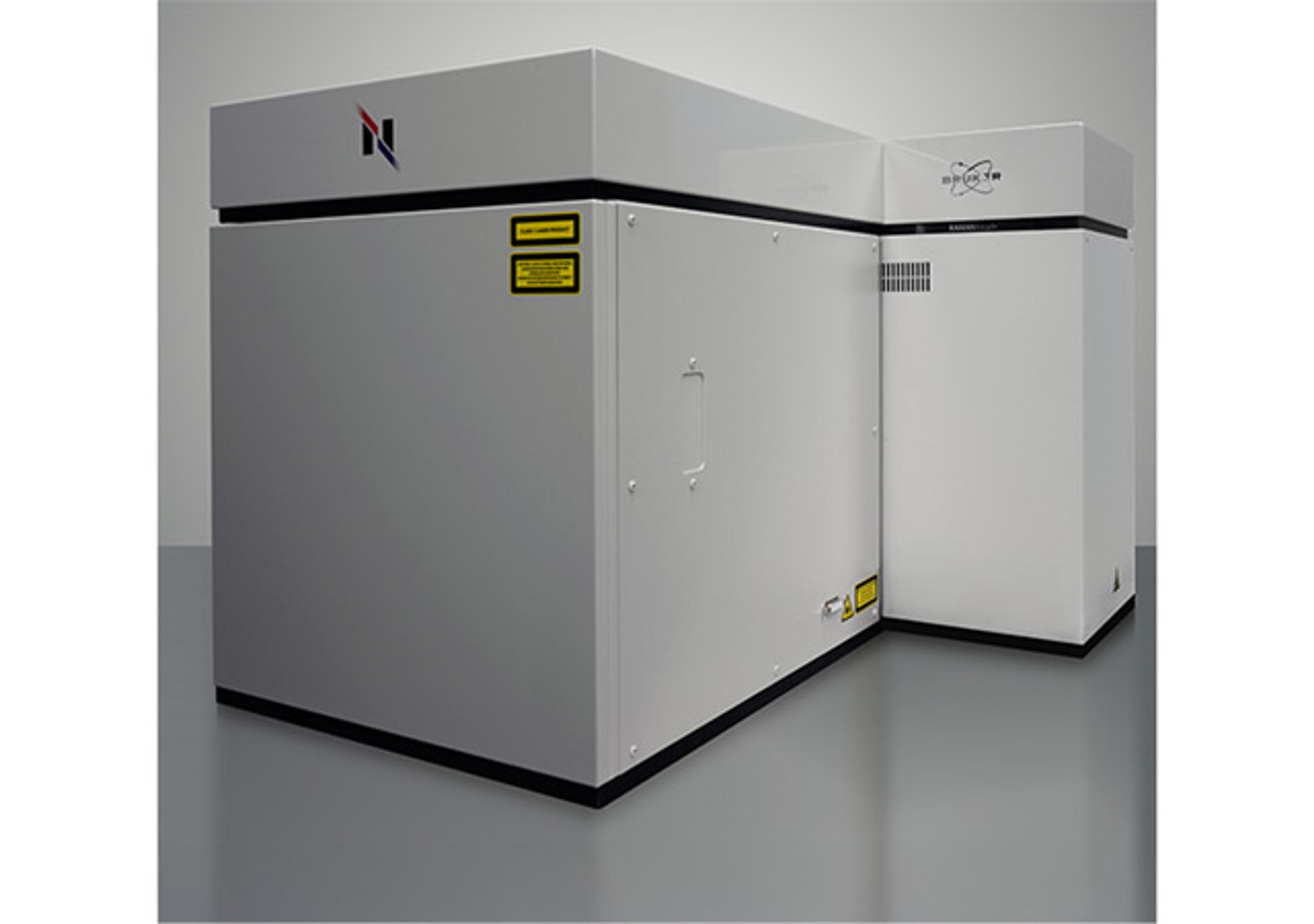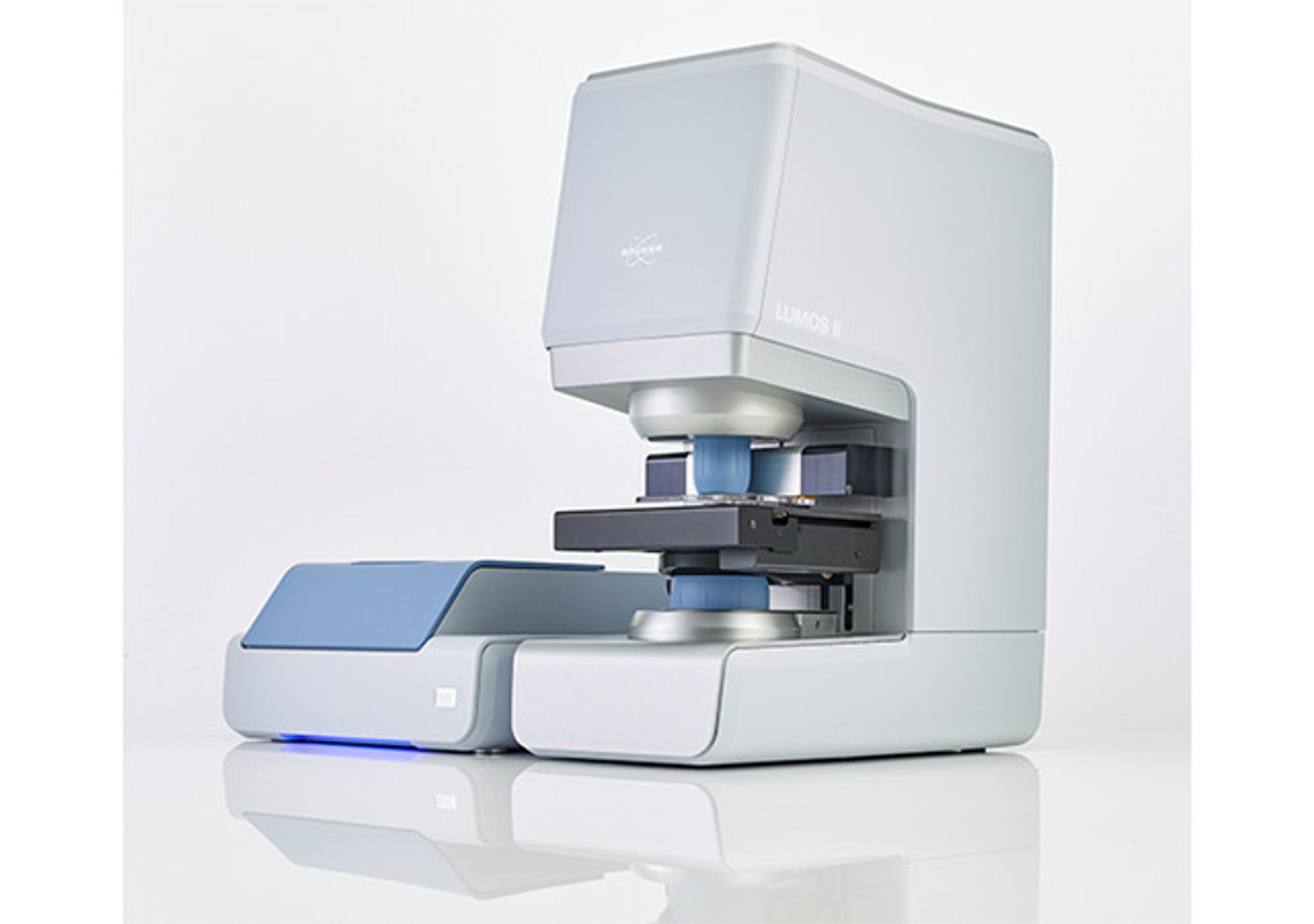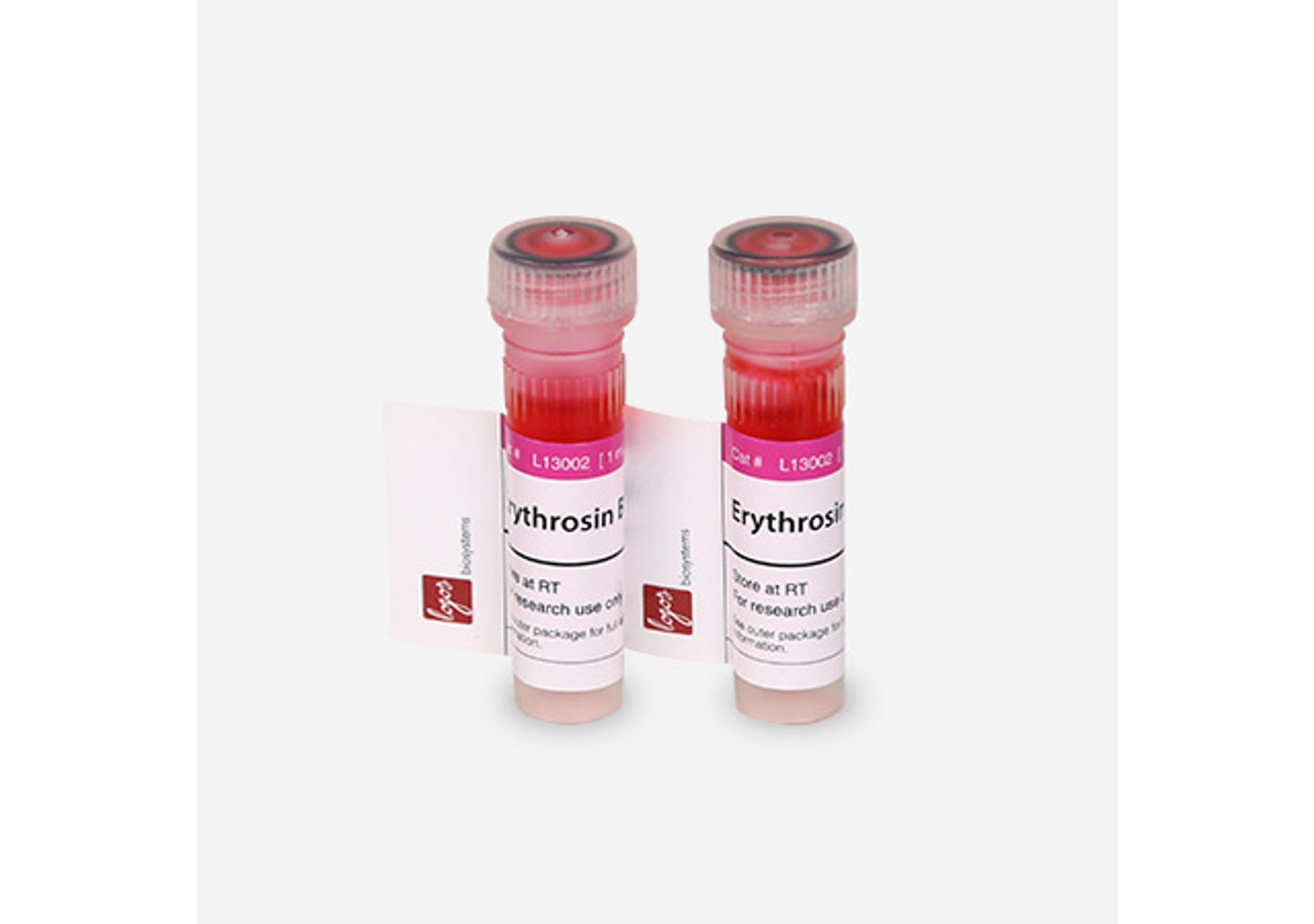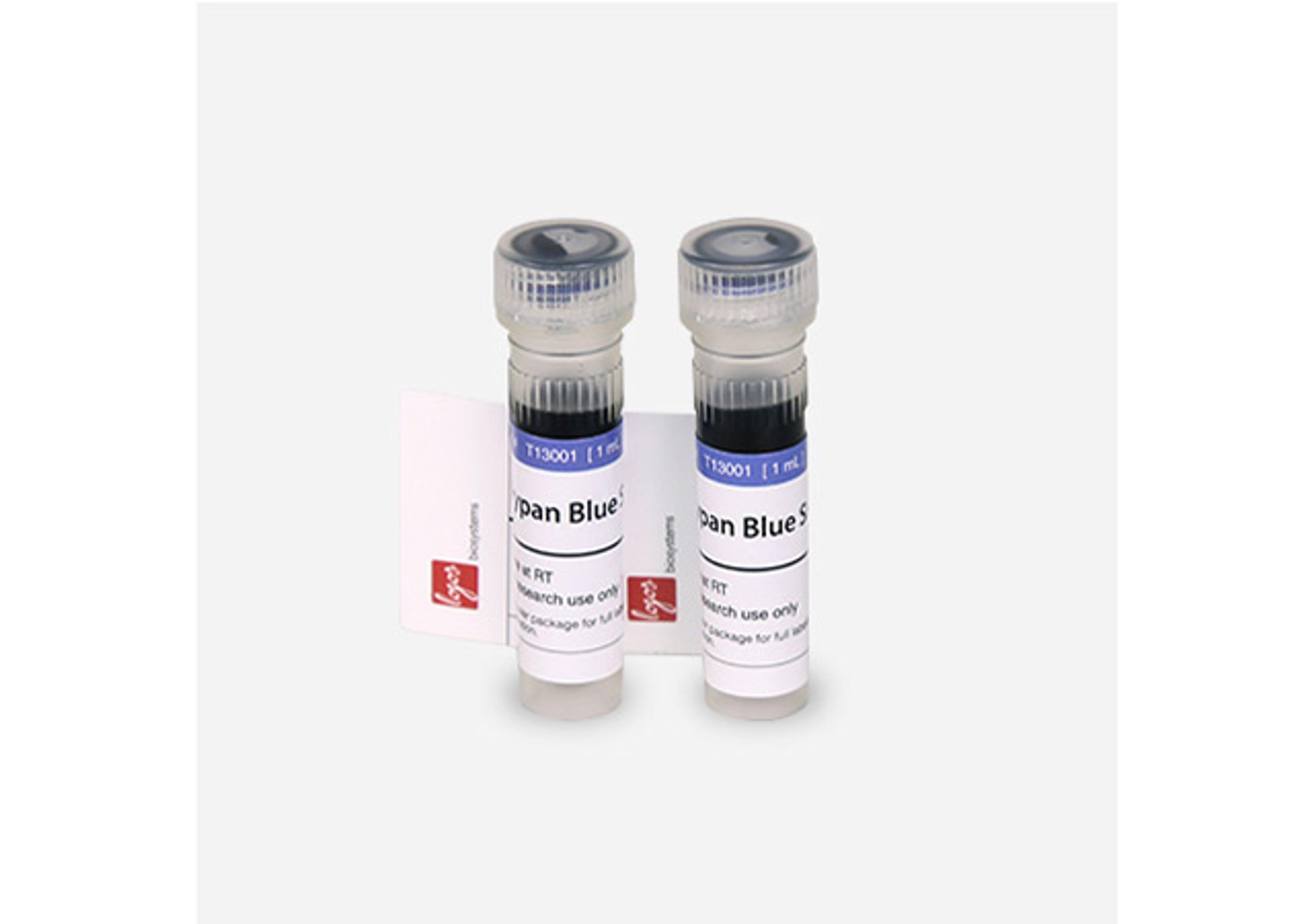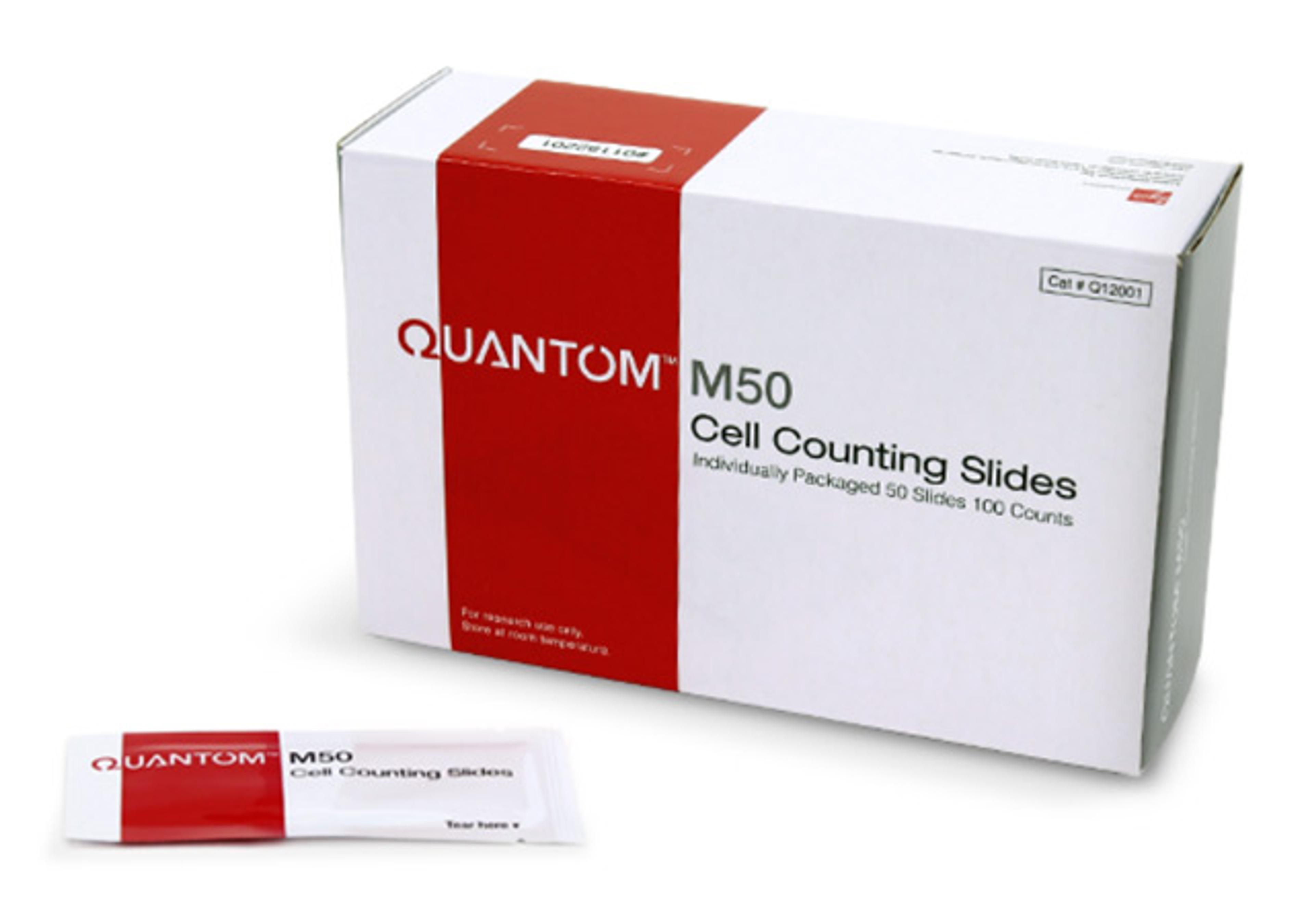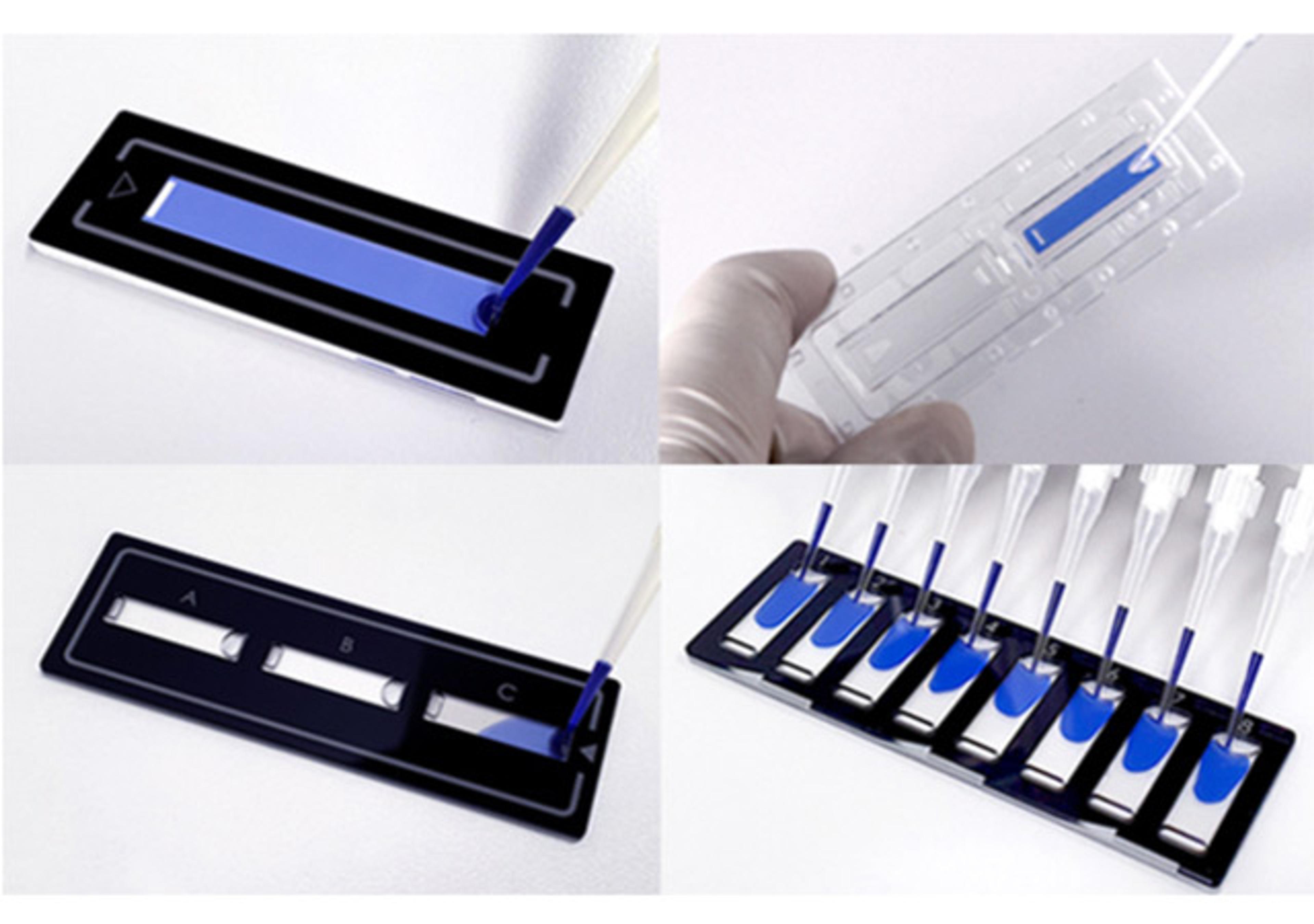PSA Total ELISA
High Quality Assays with Reproducible and Reliable Results

The supplier does not provide quotations for this product through SelectScience. You can search for similar products in our Product Directory.
An enzyme immunoassay for the quantitative determination of total prostate specific antigen (t-PSA) in serum or plasma. Prostate cancer is the most frequent type of cancer found in man and is the second cause of death due to cancer in males. Until recently, digital rectal examination (DRE) was frequently used as only diagnostic modality for the detection of early stages of prostate cancer. In the recent years the determination of serum PSA levels has become the most accepted method to improve the diagnostic specificity of DRE. Although PSA is a tissue specific protein and is not solely tumor specific, it has become the most important marker for prostate carcinoma, showing a better specificity than other biochemical markers used in this context (PAP, total alkaline phosphatase, carcinoembryonic antigen, etc.) In 1979, Wang et al isolated a specific antigen for normal prostate tissue and called this protein PSA. As demonstrated by immunohistological studies, PSA is localized in the cytoplasm of prostate acinar cells, ductal epithelium and in the secretion on the ductal lumina, present in normal, benign hyperplastic and malignant prostate tissues as well metastatic prostate cancer and in seminal plasma. If the structural integrity of the prostate is disturbed and/or the gland size is increased, the amount of PSA in the blood plasma may become elevated. An elevation of PSA levels to values higher than 3-4 ng/ml has been reported for patients with either benign prostatic hypertrophy (BPH) or prostate carcinoma. At this threshold follow-up examinations that allow to differentiate between these two conditions are recommended. The determination of PSA serum levels is not only important for thescreening of patients for prostate cancer, but also for monitoring patients that have been treated for this disease. Here regular PSA measurements are an important tool to examine the potential and actual effectiveness of surgery or other therapies. An increase of PSA in patients after radical prostatectomy or radiotherapy may allow an earlier discovery of residual or recurrent carcinoma.This assay is a solid phase enzyme-linked immunosorbent assay (ELISA) based on the sandwich principle. The microtiter wells are coated with an antibody, directed towards an epitope of an antigen molecule (PSA). An aliquot of patient serum is incubated in the coated well with enzyme conjugated second antibody (E-Ab), directed towards a different region of the antigen molecule. After incubation the unbound E-Ab is washed off. The amount of bound E-Ab is proportional to the concentration of antigen in the sample. After adding the substrate solution, the intensity of colour developed is proportional to the antigen concentration in the sample. The measured ODs of the standards are used to construct a calibration curve against which the unknown samples are calculated.

